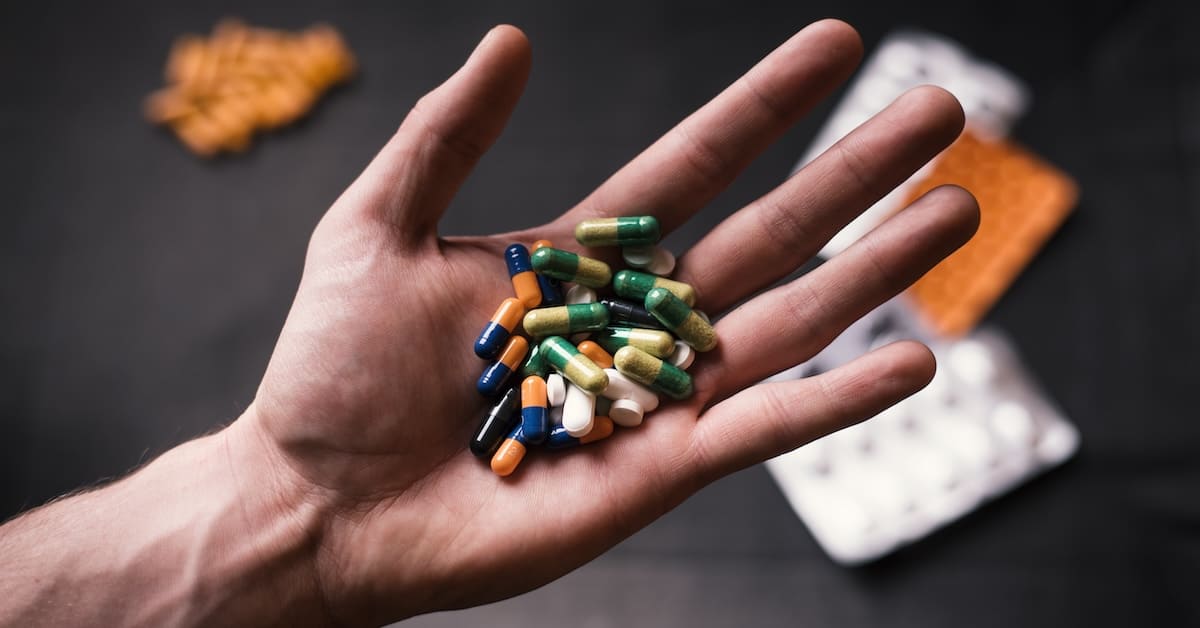by Peter Breggin MD & Ginger Breggin, America Outloud:

A sample of 1.5 million Danish people reveals two devastating findings: (1) at least 80% of the population will be diagnosed and/or medicated for “mental illness” in their lifetime on two or more occasions, and (2) they will end up with “subsequent” “long-term socioeconomic difficulties” “including lower income, unemployment, and increased likelihood to live alone and to be unmarried.”1
Does this prove that mental illness ruins lives? No, when 80% or more of the population is treated as mentally ill, the concept has no meaning or relevance, except that it results in two powerfully disabling outcomes: (1) psychiatric drugs that universally disable the brain temporarily and too often permanently and (2) stigmatization and demoralization that undermine how the individual is viewed by himself and others.
TRUTH LIVES on at https://sgtreport.tv/
Psychiatric drugs cause acute brain dysfunction, which makes it harder for anyone to deal with the realities of whatever in their lives or within themselves is causing them disability, distress, and suffering. The brain dysfunction lasts at least as long as the individual is taking drugs and can be mild to severe, depending on the intensity or length of exposure. Brain dysfunction, sometimes accompanied by permanent damage, can cause persistent mental, emotional, and spiritual decline, as confirmed in the Danish study.
Studies in the United States with children started on low doses of Ritalin (methylphenidate) in the 1970s for minimal symptoms of ADHD showed they did very poorly long-term. They had a lifetime decline in quality of life compared to controls, including stunted growth, lower IQ, less education, more psychiatric hospitalizations and imprisonments, obesity, and a shorter lifespan. Ritalin became a gateway to becoming lifelong mental patients on psychiatric drugs of every sort. Other studies have shown brain shrinkage from stimulant drugs given to children. I have reviewed the scientific literature demonstrating these outcomes in Psychiatric Drug Withdrawal: A Guide for Prescribers, Therapists, Patients, and their Families.2 These long-term catastrophes are primarily caused by drug-induced neurotoxicity3 but also by the stigmatization and demoralization from doctors telling the children and their parents that the children are genetically defective, have biochemical balances, and need the drugs — lies to get them to take the neurotoxins.
For many years, evidence has been increasing that taking psychiatric drugs is among the most dangerous risks in modern society. For decades, I have been explaining and documenting that psychiatric drugs overall do much more harm than good. The drug-induced dysfunction or damage causes “medication spellbinding”4 — the inability of patients to fully perceive the harm the drugs are doing to them.5
Stopping psychiatric drugs can also be very dangerous because the brain has adapted to the drug as an alien and harmful substance, and when the drug is removed, the brain goes into a new imbalance due to withdrawal. Depending on the type and number of drugs and the length of exposure, psychiatric drug withdrawal must be done carefully, with support from friends or family, and hopefully under experienced clinical supervision. My book, Psychiatric Drug Withdrawal: A Guide for Prescribers, Therapist, Patients and their Families, describes the dangers of the drugs and how to safely withdraw from them.
The Stigma and Demoralization
Healthcare workers who diagnose people with mental illnesses are stigmatizing and demoralizing them. The labeled persons experience shame, guilt, and anxiety from the diagnosis and feel less able to control their own lives. They feel more helpless and dependent on others and on drugs. The people around them may also change their views of the “patient” in ways that undermine their self-esteem or sense of autonomy. When children or adults are falsely told they have “biochemical imbalances,” it becomes a prescription for them to feel helpless and unable to control their feelings or overall mental life. As a psychiatrist, I often have to help individuals recover from self-destructive lies they have been told by everyone, from psychiatrists to family doctors, nurse practitioners, and psychologists.
Lessons for All Westernized Nations and All People
The Danish study, which documents that nearly everyone is going to be prescribed psychiatric drugs in their lifetime, holds true for America and other large Western nations as well. The effects of psychiatric drugs will be the same everywhere, causing varying degrees of decline in the individual’s quality of life. Many people may not experience or feel that they are undergoing a dramatic decline. But in my experience as a therapist and psychiatrist who helps people withdraw from psychiatric drugs, all or nearly all people who carefully withdraw from psychiatric drugs realize for the first time that they were much more blunted, remote, or disengaged from people and life when on the drugs. They “find themselves,” “have their real feelings,” and become “stronger” as they gradually recover from the neurotoxicity. Coming off psychiatric drugs enables them to better deal with their problems and to have much more fulfilling lives.
Read More @ AmericaOutloud.news



